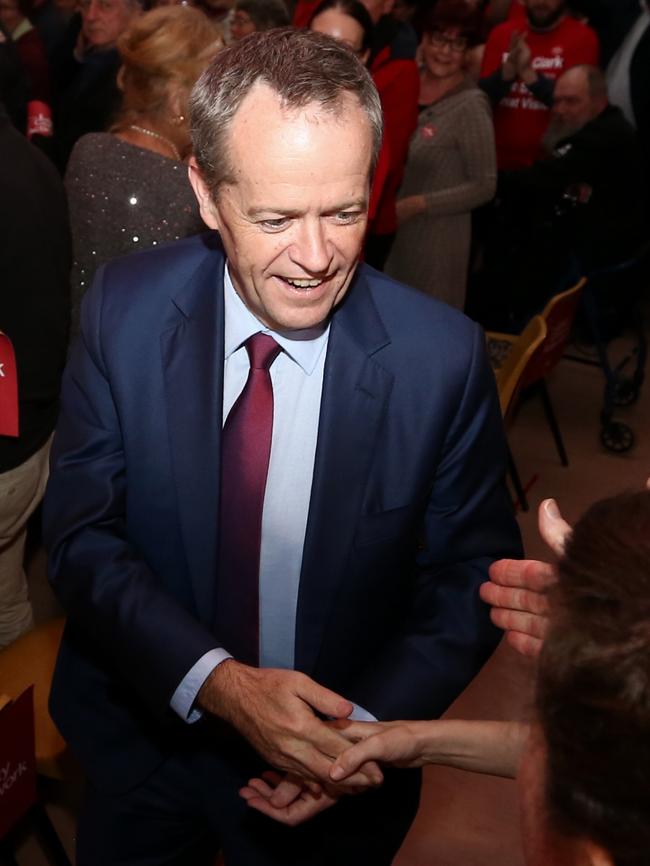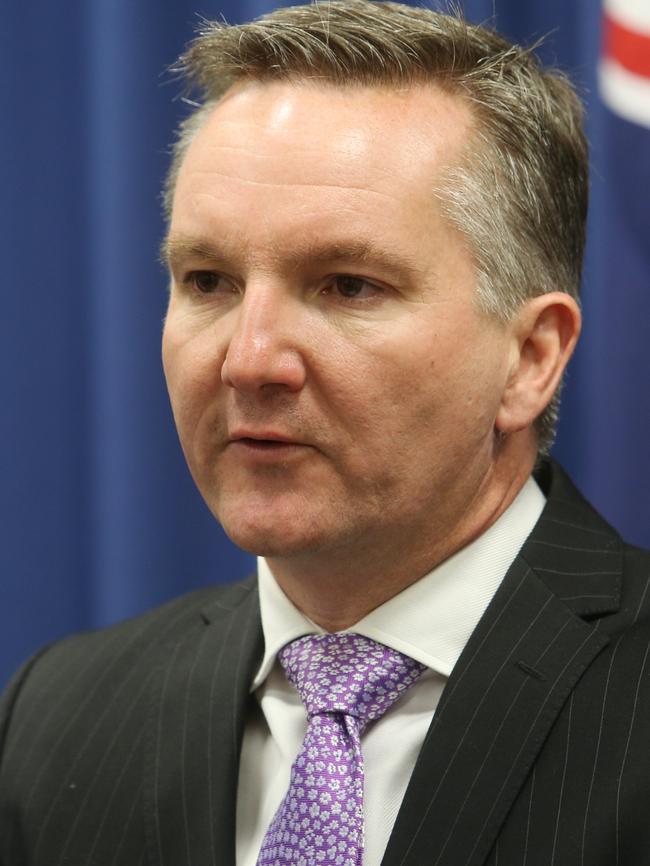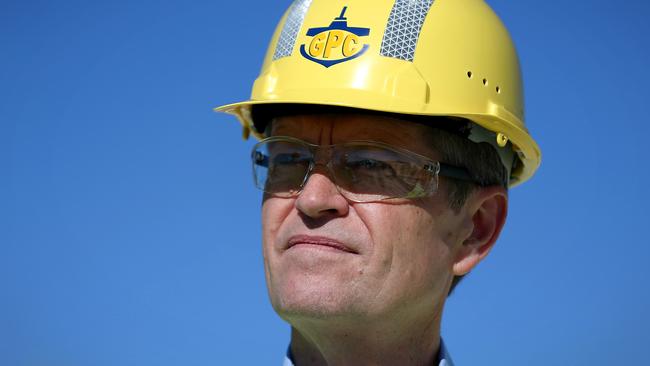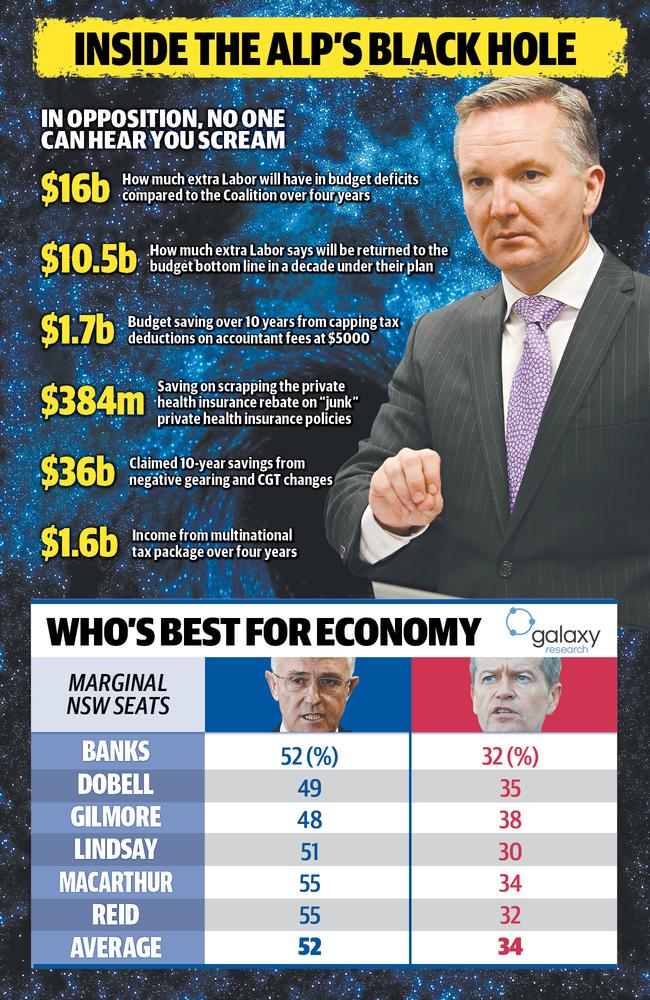Federal election 2016: Labor’s spending would add another $16 billion to budget deficit over four years
LABOR has revealed the extent of its spending black hole, admitting it would add another $16 billion to the budget deficit over the next four years before attempting to balance the books by 2021.
NSW
Don't miss out on the headlines from NSW. Followed categories will be added to My News.
- Dog poo pick-up on Shorten’s list of chores at home
- Coalition would have been smashed if Abbott was still PM
- Piers Akerman: Bill is happy to lie to Australian public
LABOR has revealed the extent of its spending black hole, admitting it would add another $16 billion to the budget deficit over the next four years before attempting to balance the books by 2021.
The release of official costings yesterday showing how Labor leader Bill Shorten intends to pay for his election promises comes as a new poll puts Prime Minister Malcolm Turnbull further ahead in the minds of voters as the person most trusted to manage the economy.
As the two leaders enter the final week of the campaign amid global jitters following Britain’s shock exit from the European Union, Labor yesterday confessed it would plunge the budget further into debt.


It also said it would turn the deficit around by 2020 with a mysterious $12 billion fiscal reversal.
Claiming to improve the budget bottom line by $10.5 billion over the next decade, Shadow Treasurer Chris Bowen said Labor would return the budget to surplus at the same time as the Coalition.
But in the short term it would outspend the Coalition by a whopping $16 billion to pay for its health and education promises.
The official costings were released at the same time as Mr Turnbull held the Coalition’s official campaign launch in Sydney, during which he warned of a potential global shock from the UK’s “Brexit”.
In releasing its costings, Labor rolled out three economic and financial experts to convince people that its numbers added up.
Mr Bowen also announced two spending cuts: scrapping the rebate for “junk” private health insurance policies, and capping the tax deduction for accountant’s fees at $5000.
The cap of $5000 on tax deductions for accountant fees will affect 40,000 people.
Mr Bowen said the average claim on accountant fees is $366 a year, and the cap will raise $295 million over the forward estimates and $1.7 billion over a decade.

He claimed this would shave another $2 billion from its spending program over the next 10 years.
Mr Bowen defended Labor’s deficits being cumulatively $16 billion higher than the Coalition’s by arguing that the government was relying on “zombie measures” that have been stuck in the Senate, and said Labor would deliver stronger surpluses from 2020-21 onwards.
“In 2019-20, the government claims a deficit of between $5 billion and $6 billion, but that includes the zombie measures. They assume the parliament and the people will regard the 2014 measures as being all of a sudden fair and will pass,” Mr Bowen said.
“Labor has made a series of detailed policy announcements now over a matter of years — detailed plans which see our budget return to balance in the same year as the government (and) which see stronger surpluses over the medium term. And in fact adds $10.5 billion to the budget bottom line over the decade.”

The government responded by saying it was the size of the Labor numbers that were the problem.
Treasurer Scott Morrison said Labor’s budget plan would weaken the economy.
A Galaxy poll commissioned by The Daily Telegraph and conducted on the eve of the Brexit vote shows Mr Turnbull has a commanding lead over Mr Shorten as the better prime minister to manage the economy.
“With the Coalition more likely to be trusted with the economy and Malcolm Turnbull considered the better choice of PM … it is not surprising Labor is failing to make the inroads they need,” Galaxy chief executive David Briggs said.
Originally published as Federal election 2016: Labor’s spending would add another $16 billion to budget deficit over four years


